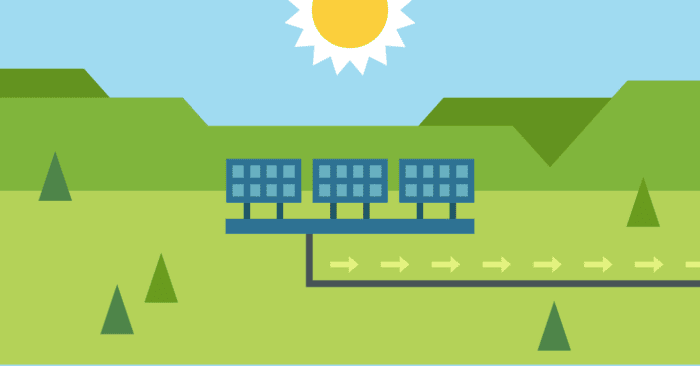FERC accepts ISO-NE tariff revisions to streamline interconnection process for distributed energy resources

New individual distributed energy resources (DERs) seeking to participate in New England’s wholesale electricity markets will go through state interconnection processes whether or not they are part of a DER aggregation, under revisions to ISO New England’s tariff that went into effect August 28.
The Federal Energy Regulatory Commission (FERC) issued an order accepting the revisions on August 26.
DERs participating in the wholesale markets exclusively through an aggregation arrangement were already exempt from the ISO’s interconnection process under FERC Order No. 2222. The revisions to the ISO tariff extend that treatment to individual DERs so that, in New England, all DERs will follow the applicable state interconnection process. The ISO will continue to review reliability analyses, as required under its tariff.
The revisions will reduce uncertainty regarding the interconnection process for DERs, the FERC order said. The changes will also increase the energy supply and lower wholesale electricity prices for customers “by increasing the number and variety of new generation that will compete in the wholesale electricity market”—all while ensuring processes are in place to preserve reliability, according to the order.
Other changes include measures that will improve the coordination of interconnection studies.
The New England Power Pool stakeholders and the Administrative Committee of the New England Participating Transmission Owners supported the revisions and joined the ISO’s filing. Several renewable energy developers also filed comments in favor of the changes.
- Categories
- Industry News & Developments



